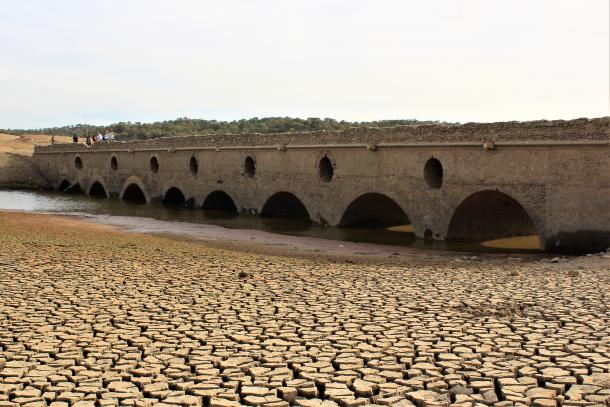The WMO Vision and Strategy for Hydrology and its associated Action Plan have been endorsed by the Executive Council (EC), reflecting the need to improve water monitoring and management.
The Action Plan presents in detail the activities needed to fulfill the eight long-term ambitions that should guide the development of WMO initiatives relevant to water up to 2030. The eight ambitions are: no one is surprised by a flood; everyone is prepared for drought; hydro-climate and meteorological data support the food security agenda; high-quality data supports science; science provides a sound basis for operational hydrology; we have a thorough knowledge of the water resources of our world; sustainable development is supported by information covering the full hydrological cycle; water quality is known.
The Action Plan is the result of wide consultation with the hydrological community, including two online rounds that attracted more than 340 comments from experts worldwide.
A second EC resolution paves the way for the extraordinary World Meteorological Congress in November 2021 to issue a Water Declaration on the need to accelerate progress toward the UN’s Sustainable Development Goal 6 on water and sanitation, and to support members in designing and implementing resilient systems that will help to mitigate climate change impacts on the water, food and energy nexus.
With this in mind, the WMO is spearheading a Water and Climate Coalition – a community of multi-sectoral actors guided by high-level leadership and focused on integrated water and climate action.
The WMO’s Executive Council is in virtual session from June 14-25, with a focus on strengthening and scaling up weather, climate, water and environmental services. In addition to the plan of action for hydrology, it will discuss a major update to WMO’s data policy and closing the gap in the global observing system.



